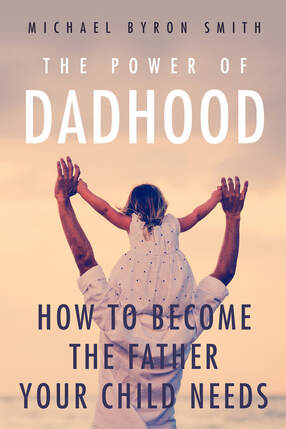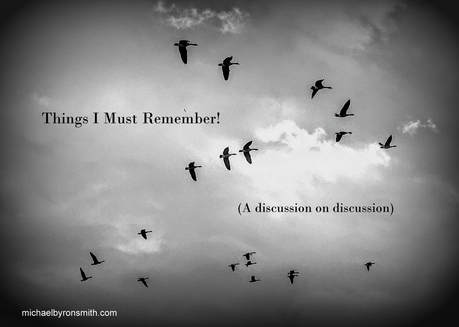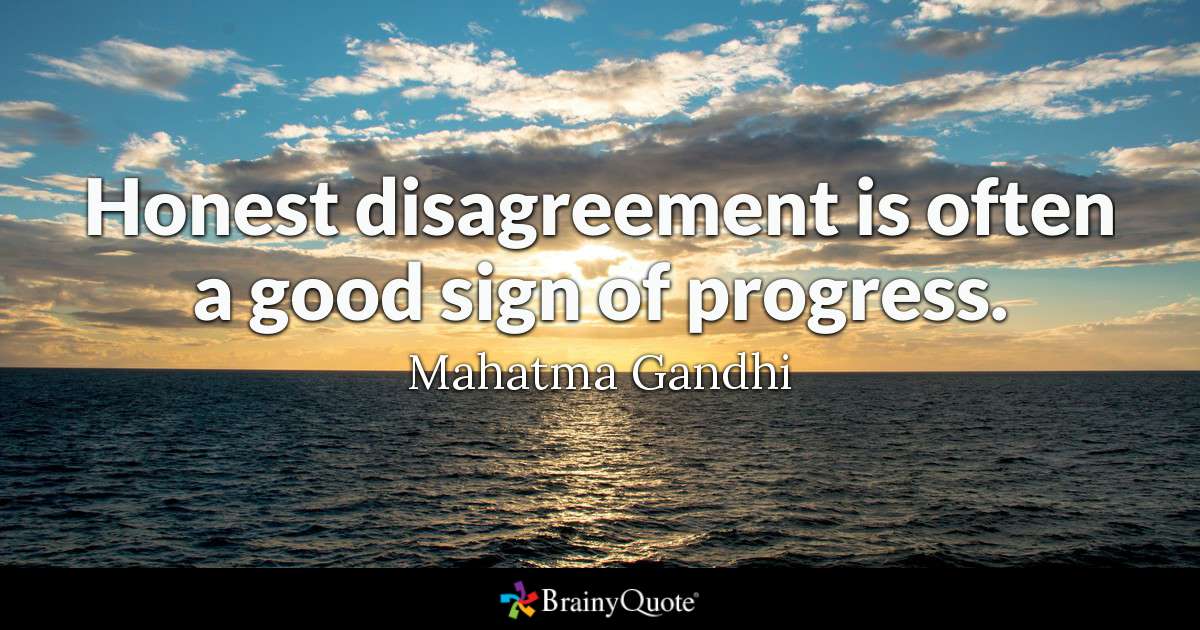
My retired adult life, the fourth stage, has given me the time to reflect on my life and the lives of my siblings living with and without a severe alcoholic. A man who, when he was sober, was charming, fascinating, and well-liked. But when he drank he was slovenly, reckless, and often a near-monster. Since he was under the influence of alcohol in varying degrees 90% of the time he was with us, my family was happier and less tense when he was missing, which was most of the time. Where he was, we seldom knew. He would show up for a period of time and disappear again. I loved him because of the amazing person I saw in him when sober. But I despised that he never took care of his family.
The things I learned from my father were through the lens of contradiction. In other words, I didn’t want to be like his drunken self. My three brothers, two sisters and I reacted in different ways to the rough lifestyle of being raised by a kind, loving, but uneducated mother. We had little or no money. We moved two to four times a year for an inability to pay rent. Only one of us graduated from high school while truancy, alcohol, minor scrapes with the law, and pregnancy were issues my mother could not keep up with as she worked as a waitress to support us all.
While I had and still have introversion and self-confidence issues, I was able to break out of that chaotic and depressing environment and became relatively successful in my career and family life. My three children are all loving people and have great careers. Upon seeing how I lived as a child and how my children were raised to succeed, I decided to write down my thoughts on being a father, intended for my extended family, many of whom are still struggling. I spent many years writing on and researching this topic to the point I decided maybe this can be a book to share with all fathers. To my surprise, I found a wonderful family-friendly publisher (Familius LLC) who published “The Power of Dadhood: How to Become the Father Your Child Needs.”
The Message
My book and blog articles discuss the challenges and joys of fatherhood. I know that without a father’s guidance, a boy may have either no confidence or the wrong kind of confidence. He may not know how to treat or interact with the opposite sex. He may withdraw from social situations or throw himself into the wrong social situations. He may not learn what it means to be a man or how to act like one properly. He may be rebellious, lacking the stern eye of a father. He may just be lonely for man to look up to. Of course, there is the strong possibility that he will not have most of these issues - but it is not likely he will be free from all.
Without a father’s guidance, a girl may not feel she is safe from harm, lacking the protection available from her father. She may not know how she should be treated by men, and lack confidence in herself when around men or boys. She is much more likely to become pregnant in her teens and to be abandoned by the father of her child. She may have a hole in her heart that cannot be filled. It would be doubtful that any young girl could avoid all the downfalls of a missing father.
I know these things not just by research, but by seeing them first hand. While a mother has parenting instincts greater than most fathers, fathers fill significant roles in the lives of their children. As a child, simply having two people who love you unconditionally, two people that see life in different ways, who teach you different things, who also love the people you love, and care for you in their own way is not only a gift, but something all children need to have the balance necessary in their lives.
Of the six children born to my father and mother, we are faring well for the most part, but not entirely- and certainly our children and their children have taken many paths, some good, some still in a cycle of dysfunction. My mother had such a difficult life, but now she lives in relative calmness still worrying about her family, but the worries are much less immediate. Never did my father have a roof over his head that he paid for himself, save a few short months here and there. He lived on the high seas as a merchant marine, in the homes of friends and relatives who would temporarily put up with him, under bridges, in shelters, you name it. My father passed away in 1997 of cirrhosis of the liver – alcohol literally killed him, but his toughness kept him alive to the age of 73.
To put the value of fatherhood into the simplest form I can think of, a simple symbol of connection and caring between a man and his son, I say this. I regret, even today as a grandfather, never having played catch with my dad. That’s not a call for sympathy; it’s a call for action!
Summary
If any dad out there thinks he is unappreciated, unimportant, not relevant, or even in shame, or full of guilt regarding his parenting, or he just wants to be the best dad possible, he should read my book. If nothing else, it will make you think, and no doubt you can relate to the challenges or learn something to help you in your role as a father. Your children are the most important result of your life! Help them - don’t hold them back!
One last thought: When the children of our families are taken care of and nurtured, then the children of our society will contribute to it's betterment, and not take away from it.
















